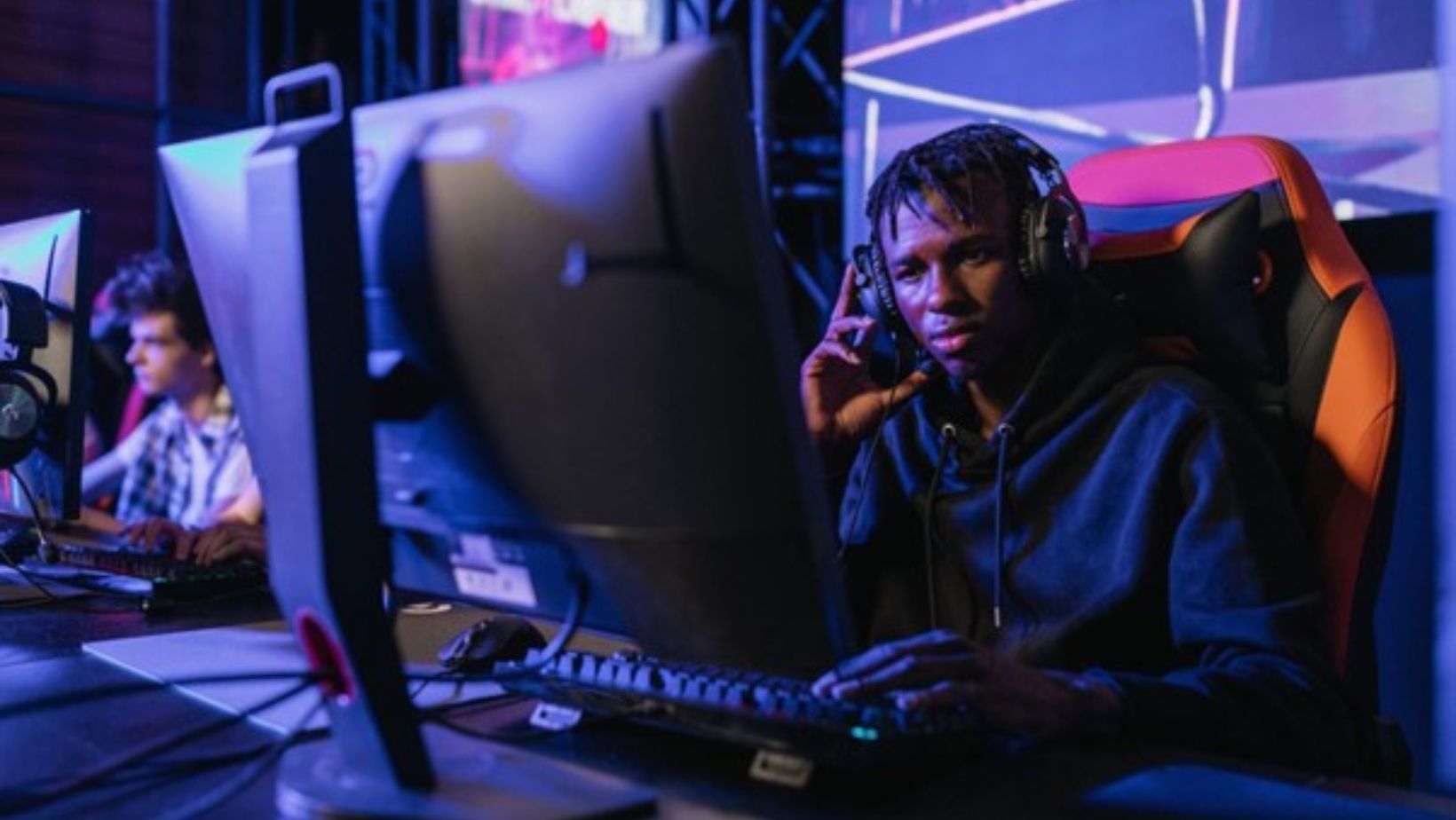Last Updated on January 20, 2024 by Deanne Robertson
Today, colleges and universities are becoming more important in helping grow esports talent. As the esports world gets bigger, these schools are not just recognizing its importance but are also helping it grow. They’re doing lots of different things, like building better gaming facilities, adding esports topics to their courses, and starting new activities and classes.
iGaming is another area that’s growing fast, and it needs skilled professionals. Universities have seen this chance and are starting to offer courses focused on iGaming. This way, they can train people to become professionals in this exciting field.
Institutional Support and Infrastructure
Esports has transcended the boundaries of casual gaming to emerge as a competitive academic discipline within higher education. Recognizing this shift, numerous institutions are establishing advanced esports facilities, mirroring the professional setups seen in major leagues. A prime example is Quinnipiac University, which has skillfully adapted some of its Rocky Top Student Center into a state-of-the-art esports hub.
Similarly, Michigan State University has invested in creating a vibrant esports environment within its campus. These venues are not mere gaming hubs but multifunctional spaces equipped with cutting-edge production lighting, green screens, and virtual sets. Such facilities are designed for dual purposes: enhancing the live experience for players and spectators while catering to a global audience via streaming platforms like Twitch and YouTube.
The investment in infrastructure is a testament to the growing recognition of esports as a legitimate field of study and competition, bridging the gap between academic pursuits and the evolving demands of the digital entertainment industry.
Equipment and Technical Requirements
The backbone of any successful esports program is its technological foundation. Universities diving into this arena equip themselves with high-performance computers specifically designed for gaming. These machines are typically outfitted with top-tier graphics cards, ensuring smooth gameplay essential for competitive gaming.
Additionally, peripherals like mechanical keyboards and precision mice tailored for gaming are crucial for providing athletes with the necessary tools for peak performance. Monitors, too, play a critical role, with institutions opting for models offering higher resolutions and refresh rates, which are crucial for fast-paced gaming scenarios.

The University of California, Irvine, sets a notable precedent with its extensive esports facility. This arena, boasting over 70 gaming computers, serves as a training ground for student-athletes and a venue for hosting large-scale competitions. The investment reflects a growing trend in higher education to provide esports athletes with facilities on par with traditional sports infrastructures. Despite the seemingly high-tech nature of these requirements, the initial investment in an esports program is surprisingly manageable.
With an average startup expense of around $41,000, these programs are more accessible to institutions than the often-exorbitant costs associated with traditional sports. The cost-effectiveness, coupled with the rising popularity of esports, makes these programs attractive for universities looking to expand their extracurricular offerings and tap into a new domain of student engagement and recruitment.
Esports Analytics and Data Science
Universities have the opportunity to significantly contribute to esports analytics and data science. Establishing programs focused on this area allows for an in-depth examination of gaming strategies, player performance, and audience engagement. Such analysis is essential not only for enhancing the performance of professional esports teams but also for deepening the understanding of gaming as both a competitive and social entity.
The scope of data science in esports is broad and impactful. It includes dissecting player training regimens, assessing the impact of game design, and understanding fan engagement patterns, all of which are crucial for providing insights into the industry.
Furthermore, this data-centric approach is instrumental for operators looking to develop personalized offers similar to promotions like the ESPN Bet Michigan Promo Code. These targeted strategies are key to elevating the player experience and fostering engagement, showcasing the versatile application of data science in enhancing competitive gameplay and creating user-focused gaming experiences.
Curricular Integration and Career Opportunities
The scope of esports in higher education extends far beyond the realm of competitive gaming, opening doors to a spectrum of career opportunities that resonate with the digital era.
Universities are now weaving esports into their academic fabric, particularly within STEM programs, recognizing the intrinsic educational value it offers. It allows students to develop critical skills such as strategic planning, analytical thinking, and technological adeptness, which are invaluable in today’s tech-centric job market.
Moreover, esports has become a conduit for career exploration in fields like game development, digital content creation, event management, and live streaming production. The rise of esports has catalyzed interest in these areas, offering students practical experience in a growing industry. It is particularly evident in the substantial number of esports athletes at universities who choose to major in STEM disciplines, using their passion for gaming to explore technology and engineering-related fields.
Scholarships and Recruitment
The allure of esports in higher education is significantly enhanced by the availability of scholarships. These financial incentives not only validate the legitimacy of esports in the academic arena but also make higher education more accessible to talented gamers.

As of 2021, the commitment of U.S. colleges to supporting esports talent was evident, with over $16 million in scholarships being awarded.
Recruitment strategies for esports programs are as varied and dynamic as the games themselves. Collaborations with high schools are becoming increasingly common, where universities identify and nurture future talent.
Additionally, many institutions are reaching out to younger students through gaming camps and workshops. These camps serve multiple purposes: they act as talent incubators, provide mentorship opportunities for current college students, and create a pipeline for future recruitment.
Research and Development in Gaming Technology
Universities can play a crucial role in advancing the field of gaming technology. Through dedicated research programs and partnerships with gaming companies, they can contribute to the development of cutting-edge gaming software and hardware. This includes exploring areas like virtual reality (VR) and artificial intelligence (AI) in gaming and improving network capabilities for smoother online gaming experiences.
By involving students in these research initiatives, universities not only contribute to the technological advancement of the gaming industry but also provide students with valuable hands-on experience in emerging technologies.
Challenges and Considerations
While the rise of esports in higher education is remarkable, it is not without challenges. Concerns about gaming addiction, gender disparity in participation, and intellectual property issues need addressing.
Furthermore, balancing technological engagement with healthy screen time habits is critical for student welfare.
Final Thoughts
The inclusion of esports within the framework of higher education marks a transformative change in the way academic institutions interact with and view this evolving sector. Providing cutting-edge facilities, weaving esports into educational programs, and granting scholarships, colleges, and universities are actively fostering esports talent. At the same time, they’re equipping students for diverse career paths in a world where digital technology is ever more prominent.
It remains intriguing to watch the future development of these programs and their influence on both the esports landscape and the realm of higher education.




